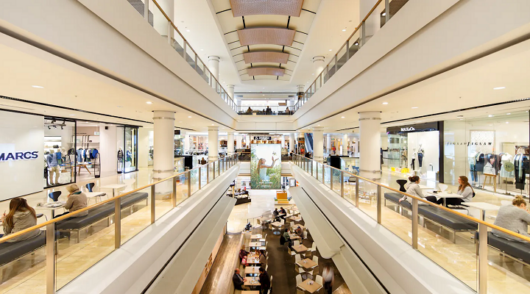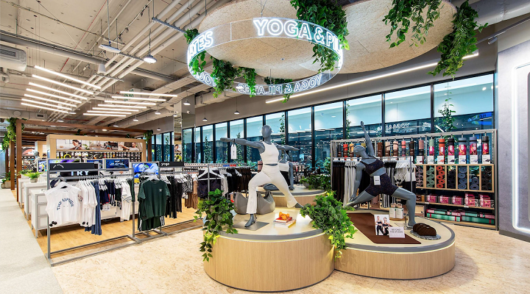 Extended trading hours are a key motivator for Chinese tourists looking to shop in WA, a new report finds.
Extended trading hours are a key motivator for Chinese tourists looking to shop in WA, a new report finds.
The report, released by Bankwest Curtin Economics Centre, stated that retail trading hours could be extended to at least 6.30pm every day of the week with additional earlier trade on Sundays to accommodate the shopping habits of tourists.
The finding comes from visitors surveyed, who said they “often filled their days with day trips away from Perth city and expected to spend the early evening shopping before eating out for dinner,” according to lead author Jianhong Xia, associate professor of the faculty of science and engineering.
“Extended retail trading hours to 6.30pm during the week would allow more time for travellers to shop during the limited time they spend in Perth.”
According to the report, Chinese tourists are the largest market in terms of expenditure ($291 million) in WA for 2017, despite the fact they are the sixth largest market for visitor arrivals (58,6000 people).
International travel remains a luxury in China, visitors being generally wealthier, on average spending $497 per night, with 75 per cent of visitors to WA between 20 to 40 years of age.
In addition, the report found that 79 per cent of Chinese holiday visitors arrive directly into Perth as it conveniently shares a timezone with China.
Only 18 per cent went on to stay in WA, however, meaning retailers from around the country could benefit from these findings as the majority of Chinese tourists are moving on to other cities and states during their holiday.
“Feedback from Chinese visitors suggest the tourism industry itself may not be doing enough to encourage Chinese tourism, and to make them feel more welcome when they arrived,” said co-author professor Kirsten Holmes, dean of research at Curtin’s Faculty of Business and Law.
“Of the 22 tourism providers surveyed, 78 per cent did not have any Asian language skills or training and 44 per cent had no training or experience in the Asian market.
“Online courses or formal accreditation programs could go a long way in boosting Chinese visitor numbers in our tourism hotspots, but it is up to tourism providers, with some government assistance, to educate themselves in this growing market.”
According to figures from the Australian Tourism Export Council, China has taken the lead as our biggest inbound visitor market, with Chinese visitor spending now contributing over $10.4b to the Australian economy.
Access exclusive analysis, locked news and reports with Inside Retail Weekly. Subscribe today and get our premium print publication delivered to your door every week.





